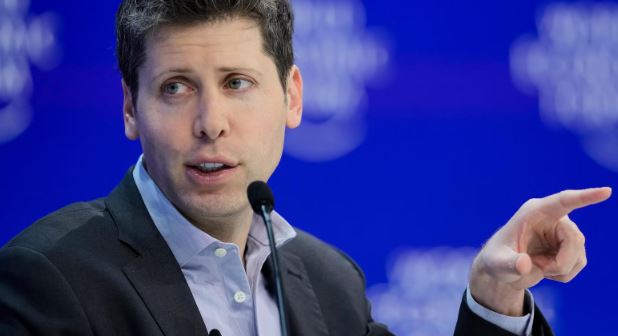Musk Takes Legal Action Against OpenAI, Citing Departure from Humanitarian Goals

In a dramatic turn of events, Elon Musk has initiated legal proceedings against OpenAI, the artificial intelligence research lab he co-founded, along with its CEO. Musk alleges that the organization has strayed from its founding mission to develop and distribute AI technology for the broader benefit of humanity. This lawsuit marks a significant rift between Musk and the institution he helped establish, spotlighting the complex ethical and strategic challenges facing the AI industry today.
Musk’s legal action centers on accusations that OpenAI has veered away from its original altruistic objectives, instead prioritizing commercial success over the global good. The billionaire entrepreneur and visionary has expressed concerns that the organization’s current trajectory could lead to the monopolization of AI technologies, which contradicts the lab’s initial pledge to ensure open and equitable access to AI advancements.
The lawsuit raises critical questions about the governance of AI research entities and the responsibility they bear to society. Musk’s move to sue highlights the tension between the pursuit of innovation and the imperative to safeguard the ethical and equitable development of technology. It also reflects broader debates within the tech community about the potential risks and benefits of AI, from enhancing human capabilities to posing significant existential threats.
OpenAI, once celebrated for its commitment to “open” AI research, has faced scrutiny in recent years as it adopted more proprietary approaches, especially following the development of high-profile technologies like GPT (Generative Pre-trained Transformer). Critics argue that such moves betray the lab’s foundational principles and could limit the potential for AI to serve as a universal resource.
The outcome of this lawsuit could have far-reaching implications for the future of AI development and distribution. It presents an opportunity for the industry to reevaluate its priorities and ethical commitments, potentially leading to new standards for transparency, accountability, and cooperation in AI research and deployment.
As the legal battle unfolds, the tech world and the public at large await with keen interest to see how these tensions will be resolved and what precedent this will set for the mission-driven approach to AI innovation. This case not only challenges OpenAI but also serves as a critical moment of reflection for the broader tech industry on the balance between commercial success and the collective welfare.





